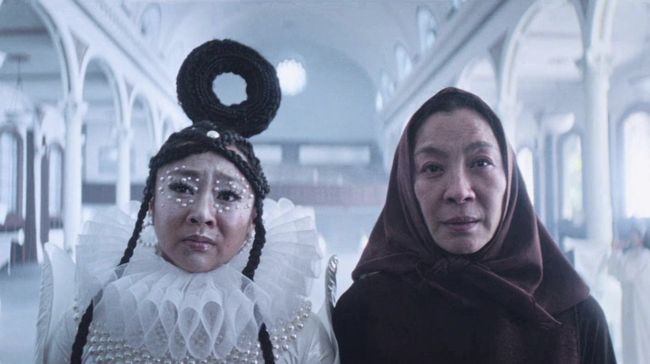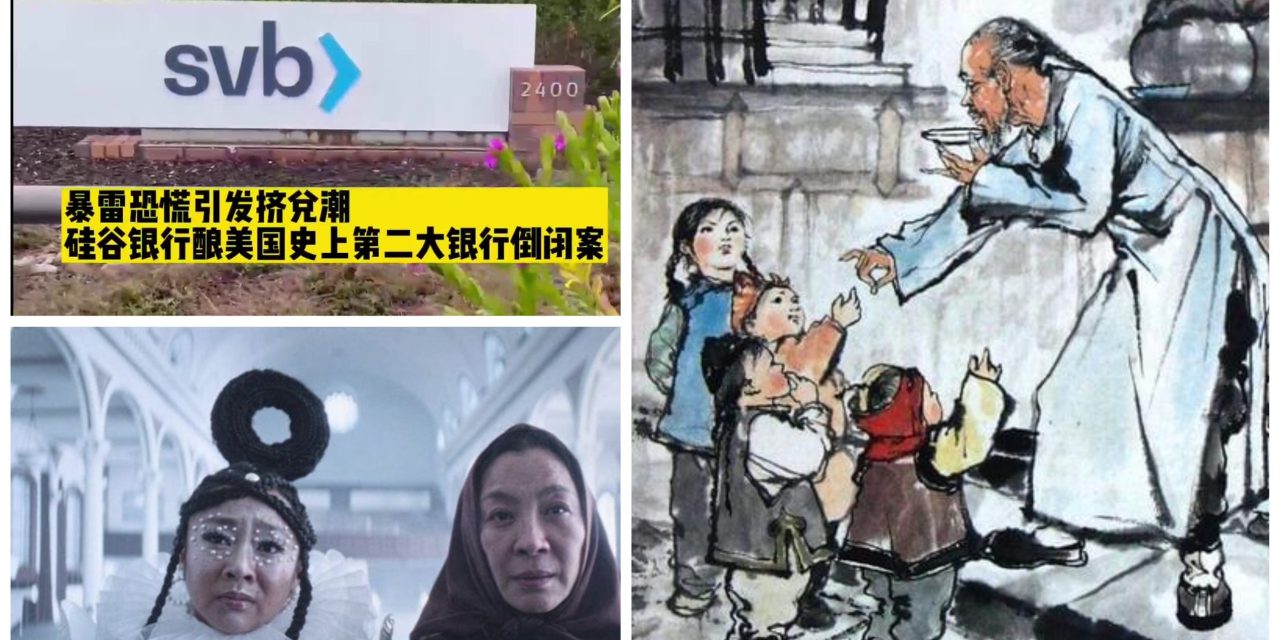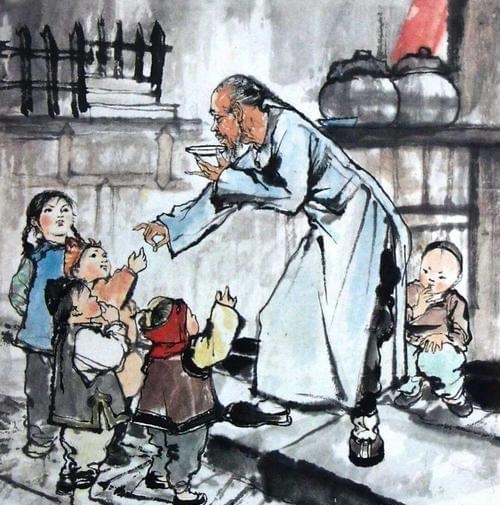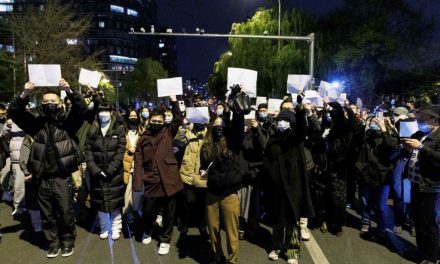Kong Yiji (孔乙己)is being popularized again
In 2023, it is projected that 11.58 million college graduates will enter the workforce in China. However, due to the current challenging job market, many of these graduates are struggling to find suitable employment and are even facing the possibility of unemployment upon graduation. To address this issue, China’s official media is now promoting the idea of guiding college graduates toward adjusting their mentality and becoming willing to enter the ordinary labor market.
Kong Yiji, the title character in a well-known short story by pre-1949 Chinese writer Lu Xun, is a representation of a down-and-out member of the literati rooted in the old society in a changing China. He is very learned but poor. Many university graduates today can relate to Kong Yiji’s situation, as they struggle with low wages and high living costs.
CCTV.com recently published an article stating that Kong Yiji’s plight in life was not due to his education but because he was unable to let go of his identity as a scholar and was unwilling to change his situation through ordinary labor. The robes that scholars used to wear were not only clothing, but also shackles of their souls. The era of Kong Yiji is long gone, and modern young people will not be trapped by such limitations. With the changing Chinese landscape, college graduates are no longer a rare breed, and the employment environment has undergone significant changes. Graduates today are encouraged to be more flexible and adaptable, and to embrace the opportunities available to them in the ordinary labor market.
Due to the economic downturn in recent years, it has become increasingly common for college graduates to pursue work that does not necessarily require higher education. Jobs such as cleaners, security guards, couriers, and construction workers have become more appealing as they offer steady employment and a reliable income. This trend highlights the need for graduates to be open-minded and flexible in their career choices, and to recognize the value of all forms of work.
Silicon Valley Bank
The news of the collapse of Silicon Valley Bank in the United States has made a significant impact in China, with Chinese media comparing the incident to the Lehman Brothers collapse that triggered the global financial crisis in 2008. As they depict it, with the current economic crisis in the US it is possible that technological innovation in Silicon Valley may be set back by more than a decade, creating a potentially challenging period for the industry. This portrait by the Chinese media resembles its recent hyping of a train derailment in Ohio, which it likened to a Chernobyl-level disaster. This media frenzy aims to promote the idea that the US financial and banking industry and Silicon Valley, which once represented American technological innovation, now face a disaster of this kind, which aligns with the current CCP narrative of “The East Rises, The West Falls.” In addition, the extensive coverage of the failure of SVB can lessen public focus on the adverse effects of the recent collapse of Henan Village Bank and other domestic financial institutions. When Chinese people comment on social phenomena, they like to use the phrase “the United States is doing the same” to rationalize domestic behavior that is on the surface similar.

The Oscars
Regarding the news of Michelle Yeoh and “Everything Everywhere All at Once” shining brightly at this year’s Oscars, the Chinese media has hyped the film’s Asian elements and Asian cast, with headlines such as “Asians sweep the Oscars!” and “Michelle Yeoh makes history as the first Asian actress to win Best Actress.” However, the film’s main conflicts, which include the clash between Western individualistic culture and traditional Chinese family values of obedience, as well as the fact that a gay daughter cannot be recognized by her mother, have been largely ignored.
In discussing the role of the daughter in the film, the aspect of her identity as a gay person was deleted, and she was instead described as the “daughter with a Westernized life.” The word “gay” is gradually disappearing from the Chinese Internet, with some video-hosting sites using the code “TXL” [for the initials in pinyin of the Chinese term for “same-sex love”] instead. Even the term “coming out of the closet,” already widely used in its literal form, is being replaced with the phrase “coming out of the woods” on some websites. Additionally, gay couples have been forced to describe their partners as “roommates” when posting video content.
Overall, while the Chinese media has highlighted the film’s Asian representation and cast, it has neglected to address important themes and conflicts within the film, including the issue of homosexuality and the clash between Western and traditional Chinese culture. Furthermore, the erasure of LGBTQ+ identities from the Chinese internet points to a larger issue of censorship and discrimination against that community in China.























